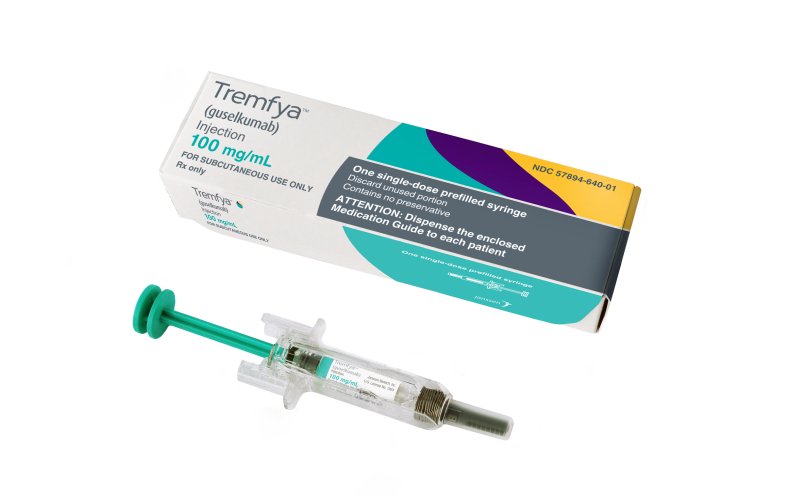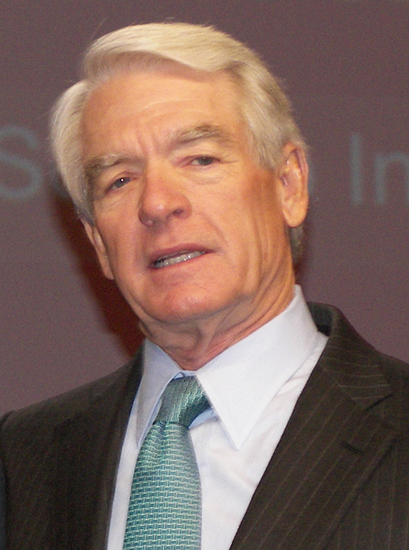CRS can occur as a result of immunotherapy. Cytokine release syndrome CRS is a potentially life-threatening toxicity that has been observed following administration of natural and bispecific antibodies or following adoptive T-cell therapies in different oncological conditions.
The Novel Multi Cytokine Inhibitor To 207 Specifically Inhibits Pro Inflammatory Cytokine Secretion In Monocytes Without Affecting The Killing Ability Of Car T Cells
A cytokine storm is an overproduction of immune cells and their activating compoundscytokineswhich in something like a flu infection is often associated with a surge of activated immune cells into the lungs.

What is cytokine release syndrome. 5 Zeilen Cytokine release syndrome CRS is a collection of symptoms that can develop as a side effect of. CRS can affect many different organs throughout the body and the symptoms vary widely depending on the. Cytokine release syndrome CRS is an acute systemic inflammatory syndrome characterized by fever and multiple organ dysfunction that is associated with chimeric antigen receptor CAR-T cell therapy therapeutic antibodies and haploidentical allogeneic transplantation.
It is a systemic inflammatory response that results when the activated CAR T cells rapidly release large amounts of cytokines including interleukin-6 IL-6 and interferon γ into the bloodstream. Mehr zu Symptomen Diagnose Behandlung Komplikationen Ursachen und Prognose lesen. The pathogenesis of the cytokine storm is complex.
The disease progresses rapidly and the mortality is high. Cytokine-release syndrome is a symptom complex associated with the use of many monoclonal antibodies. Cytokine release syndrome refers to a condition that may occur after treatment with some types of immunotherapy such as monoclonal antibodies and CAR-T cells.
Cytokine release syndrome is caused by a large rapid release of cytokines into the blood from immune cells affected by the immunotherapy. It is not considered a disease in itself but rather a serious medical issue that can happen because of several different underlying issues. Immune effector cell-associated neurotoxicity syndrome ICANS.
Cytokine storm is an excessive immune response to external stimuli. Cytokine storm syndrome refers to a group of related medical conditions in which the immune system is producing too many inflammatory signals sometimes leading to organ failure and death. Cytokines are immune substances that have many.
Cytokine release syndrome CRS is a potentially life-threatening systemic inflammatory response observed following administration of antibodies and adoptive T cell therapy. Cytokine-release syndrome in patients with B-cell chronic lymphocytic leukemia and high lymphocyte counts after treatment with an anti-CD20 monoclonal antibody rituximab IDEC-C2B8. Certain evidence shows that during the coronavirus disease 2019 COVID-19 epidemic the severe deterioration of some patients has been closely related to the cytokine storm in their bodies.
Cytokine storm also called hypercytokinemia is a physiological reaction in humans and other animals in which the innate immune system causes an uncontrolle. Commonly referred to as an infusion reaction it results from the release of cytokines from cells targeted by the antibody as well as immune effector cells recruited to the area. Immunotherapy is a type of treatment that helps the immune system.
Cytokine release syndrome is caused by a large rapid release of cytokines into the blood from immune cells affected by the immunotherapy. This article reviews the. Cytokine-release syndrome especially in the context of chimeric-antigen receptor therapy is an inflammatory condition that interestingly enough leads to very high levels of interleukin-6.
What is cytokine release syndrome. Similar to cytokine release syndrome CRS the pathophysiology of immune effector cell-associated neurotoxicity syndrome ICANS seems to start with the production of pro-inflammatory cytokines.










